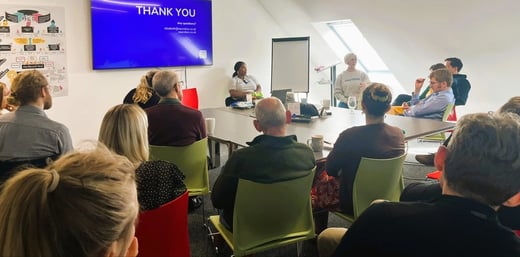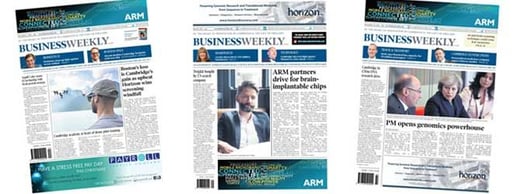
CO2 Capture: Reduce, Reuse, Recycle…. Reverse?
June 2014
Exploring the future for Carbon Capture and Storage
Jeremy Carey, 42 Technology’s managing director, found himself part of a select audience at the Advanced Manufacturing Park in Sheffield listening to the Minster of State for Energy, the Rt Hon Michael Fallon discussing the vital importance that HMG places on the use of Carbon Capture and Storage (CCS) to reduce CO2 emissions.
Jeremy’s path to this meeting started in 2008 when he was part of a technical steering group that shaped an RWe led industrial consortium project called CASS-CAP that built a post combustion CO2 capture pilot plant to test different solvent chemistries at Didcot A power station.
In 2012 the Didcot pilot plant was ‘bought’ by an academic consortium known as the UKCCSC and moved to Sheffield to be reused as part of the PACT facilities – large buildings full of combustion and CO2 capture test equipment that enable both academic and commercial companies to test CCS technologies without having to invest in their own plant.
Also on the reuse theme, in recent weeks a significant amount of additional analytical equipment and instrumentation has been moved to the PACT facilities from the Ferrybridge CCPilot100+ project, which Jeremy worked on for several years in various capacities, which has now finished its test campaigns.
Unfortunately not all of the ~£30M CCPilot100+ facility could be reused – some of it is even now being recycled as scrap.
After the event there was talk of what would happen once the total cumulative global CO2 emissions passed the tipping point for irrevocable climate change. At this point some argue that the amount of CO2 in the atmosphere is already too high that even if the world were paved with solar panels and not a thimble full of oil were used again, climate change would still be catastrophically damaging.
The two main options then are geo-engineering and reverse CO2 emissions, for example air capture – removing CO2 from the atmosphere rather than a flue gas stream and storing it for geological time. Not a technology that will be around for a few years yet but it might turn out to be important eventually…
Share this article:
Related Articles

News, Company Announcements
42T organises awareness activities during Neurodiversity Celebration Week

News
42T named by Business Weekly in Killer50 'hottest disruptive tech company' list

News, Connectedness
Early prototypes help companies to succeed - by 42T's David Griffin in Eureka! magazine

What will you ask us today?
We believe in asking the right questions to drive innovation; when we know the right questions, we generate the ideas to answer them.

